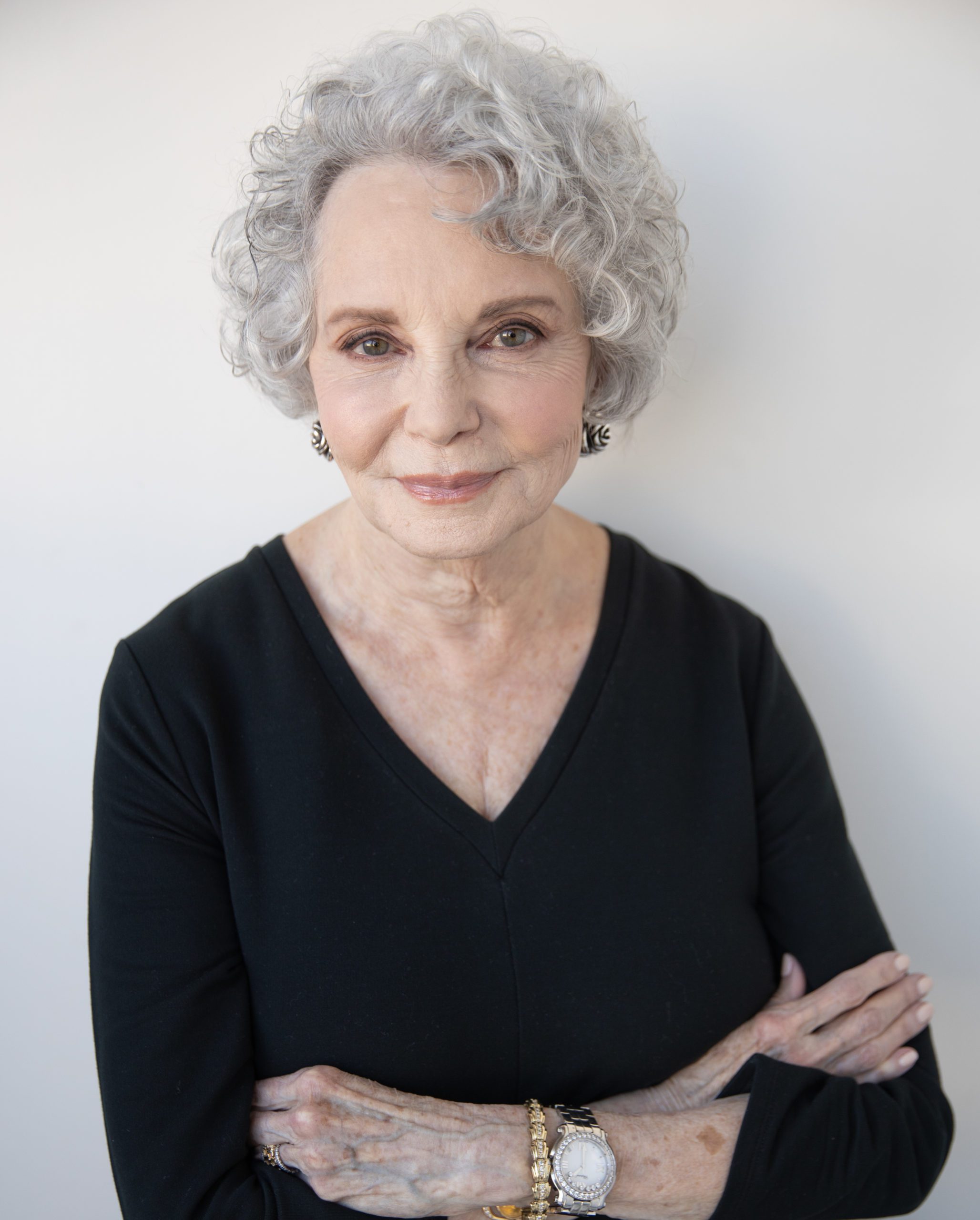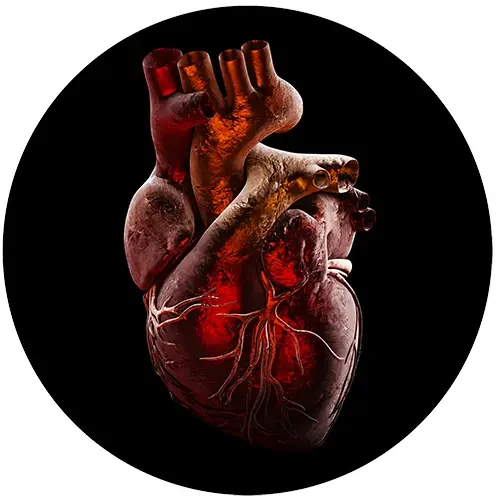Marsha Rosenberg
I have been having troubling heart symptoms since I was in my 50s, and I didn’t have the physical ability others did in high school (I was always last in the class when it came to exercise), but I wasn’t diagnosed with hypertrophic cardiomyopathy for many years after that. When I told my doctor I was short of breath, I had an exercise stress test at two major hospitals, but the cardiologist didn’t see anything wrong with my heart. Instead, I was diagnosed with asthma. The medications I took for asthma damaged my eyes, and it turns out I could have avoided major eye surgery.
I was so frustrated by all the things I couldn’t do. My purse was too heavy for me to carry, and my husband often found himself holding it for me. At the HCM clinic, my husband and I noticed that you could identify a female HCM patient because someone else was carrying her purse. I needed to stop and rest whenever we went anywhere. I was afraid to exercise because it made me feel like I couldn’t breathe. I was embarrassed that I couldn’t keep up and needed to rest so often, and I felt like a wimp because my doctor couldn’t find anything wrong with me. I felt inferior! After my diagnosis, I felt validated. I was a warrior!
Once I had the correct diagnosis, the doctors found an obstruction slowing the flow of blood out of my heart. I had a procedure called an “Alcohol Septal Ablation (ASA),” which can remove the obstruction. In my case, the ASA didn’t work, so they gave me another one. The second one didn’t work either. These procedures damaged the electrical system in my heart, and now I am 100% dependent on a pacemaker to keep my heart beating regularly. My heart only beats twice a minute on its own. I urge anyone who is told they need an ASA to get a second opinion, preferably at an HCMA recognized Center of Excellence, before you have the procedure.
Finally, I found doctors that understand HCM, and they said I needed open-heart surgery to open up the area of obstruction and that one of my heart valves (the mitral valve) needed repair as well. The doctors told me that I was about 10 days from dying if I hadn’t had the surgery and nicknamed me “tough cookie” because I kept going with such severe symptoms! That surgery changed my life. Seven years after surgery, I feel 80% better and I see possibilities for my life. I have started taking ballet classes and doing pool exercises as well. I am joyful to be able to dance.
After everything I have been through, and knowing that HCM runs in families, I have implored my sons to go to their doctors to be screened. So far, only one has had an echocardiogram looking for HCM, and he has no signs yet. My other son has no symptoms, so I hope he is ok too. Looking back, I believe my mother had HCM because of her symptoms and because she also had surgery on her mitral valve. She was born in 1911, and they didn’t know about HCM then - they told her her heart had been damaged by rheumatic fever, although nobody in the family remembers her having rheumatic fever.
Please share this story to bring awareness to Heart Month!
To learn more about hypertrophic cardiomyopathy (HCM), go to https://www.4hcm.org.
#4HCMAwareness #HCMStrong #HCMDay #4HCMWarriors #4HCM










